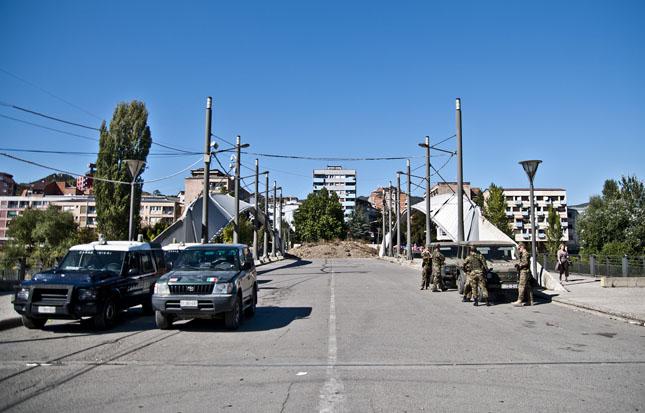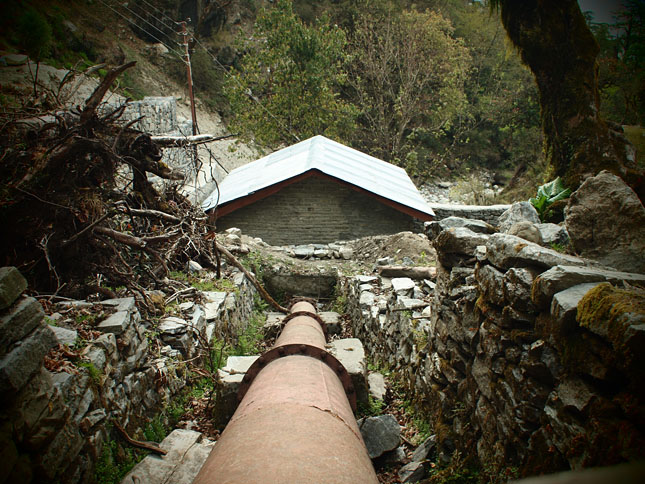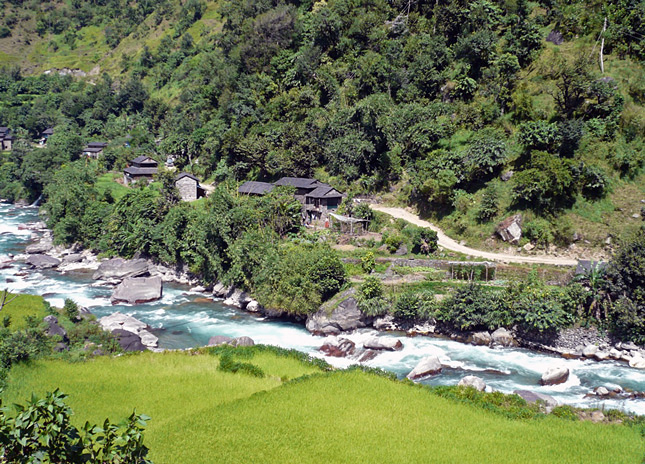-
In Kosovo, Post-War Water Faults Show Challenge of Balancing Political With Technical
›
Rivers have shaped the Western Balkan Peninsula’s characteristic landscape and played an important role in its history. Following the violence of the Yugoslav secession wars in the 1990s and the creation of six new nations, the number of transboundary river basins doubled from 6 to 13. In Kosovo, where independence remains a question, the water sector is a microcosm of tensions between ethnic Serbs and Albanians. The challenge of water resource management exists not only over the province’s contested national boundaries with Serbia, but between divided ethnic groups within the territory.
-
Community Empowerment vs. State Stability? Lessons From Nepal’s Micro-Hydropower Projects
›
Post-war countries are among the most difficult policy arenas. The challenge is not only to stop violence and prevent violence from rekindling, but moreover to help countries reset their internal relations on a peaceful path. Increasingly, researchers and practitioners are interested in the potential of natural resources in post-war settings in the hope that good governance and sustainable management can contribute to this reset. Indeed, the international community acknowledged the relevance of the link between peaceful societies and environmental issues by including both in the Sustainable Development Goals.
-
Nepal’s Micro-Hydropower Projects Have Surprising Effect on Peace Process
›
The Intergovernmental Panel on Climate Change’s fifth assessment, which has been rolling out in stages since last September, confirms a crucial divide in current climate thinking: efforts to adapt and mitigate to climate change are often considered separately from the vulnerability of people.
Showing posts by Florian Krampe.






